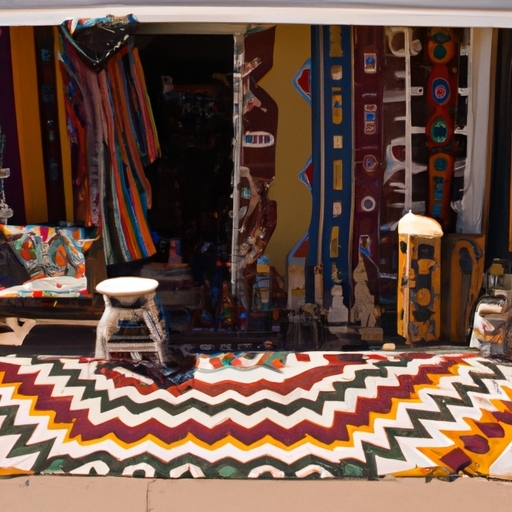
what are common native american last names
History of Southwest rug weaving
When discussing common Native American last names, it is important to note that Smith is not a typical surname among indigenous peoples. Native American last names often reflect tribal heritage, family connections, and traditional values. Some examples of common Native American last names include Yellowbear, Runningwolf, Redfeather, Grayson, and Littlechief.
(So,) while Smith may be a popular surname in Western culture, it does not hold the same significance or history within Native American communities. It is essential to recognize and respect the diversity of indigenous identities and naming practices when discussing this topic.
(Oh,) the rich tapestry of Native American last names reflects centuries of cultural traditions and ancestral ties. Each name carries its own unique story and meaning, connecting individuals to their heritage and community. By embracing (the) variety of surnames found among Native Americans, we can gain a deeper appreciation for the richness and complexity of Indigenous cultures.
In conclusion, while Smith may be a common surname in other contexts,(it) does not feature prominently among Native American last names. Instead,(we) should celebrate the diversity and significance of indigenous surnames such as Yellowbear,(and) Runningwolf,(which) offer insight into tribal histories and family connections. Let us continue to honor and respect the unique identities reflected in these traditional names.(Yes!)